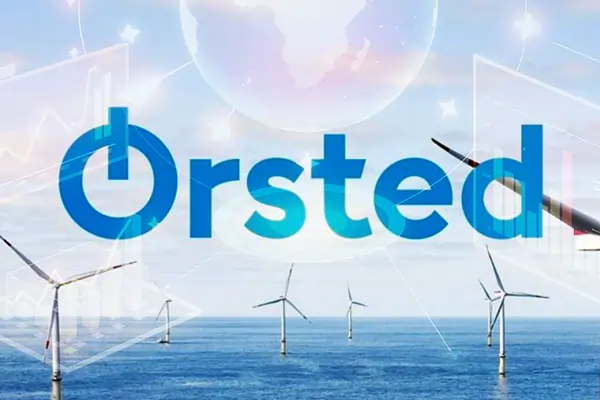Geopolitical threats and regulatory barriers underscore the important function of risk analytics in energy investments.
The increasingly complex global energy landscape has made geopolitical and political risks major drivers for energy companies, highlighting the essential function of risk analytics in managing uncertainty. Recent troubles faced by Danish renewable energy giant Orsted show how geopolitical forces can have significant control over energy projects and investment decisions.
Orsted's woes are largely the consequence of strained diplomatic relations and regulatory issues in the United States. The US Department of the Interior Bureau of Ocean Energy Management (BOEM) issued a stop-work on Orsted's 704 MW Revolution Wind project, creating uncertainty and cost pressure weeks after the company initiated a large EUR 8 billion rights issue. The regulatory obstacle differs from the more straightforward approach followed by Norwegian energy peer Equinor, whose BOEM stop-work order was revoked after high-level diplomatic activity.
The difference in the experience of Orsted and Equinor highlights the rising importance of geopolitical risk management and political lobbying in global energy investments. While Equinor benefited from good diplomatic relations, e.g., Norwegian Finance Minister Jens Stoltenberg's ties through NATO, Orsted suffers from Denmark's tense relations with the Trump administration, particularly over Greenland.
Uncertainty over European energy policy adds another level of difficulty. Politically disputed and late energy policy in France, together with poor coordination between Germany and France, leaves the energy industry with an unreliable policy backdrop. Policy inconsistency might result in conflict among such key players in Europe, making investment and operational decisions more difficult, a report to be debated at the recent joint cabinet meeting cautioned.
Risk analysts now have a significant part to play in helping energy companies make sense of geopolitical and regulatory signals, modeling potential scenarios, and designing mitigation plans. With the energy market within Europe remaining volatile due to current geopolitical tensions, companies are ever more turning to sophisticated political risk analytics to protect investments and maintain continuity of operations. Orsted's case is a lesson: understanding geopolitical risk management is as critical as technical knowledge in the energy industry today.
.webp)










.webp)































.webp)
